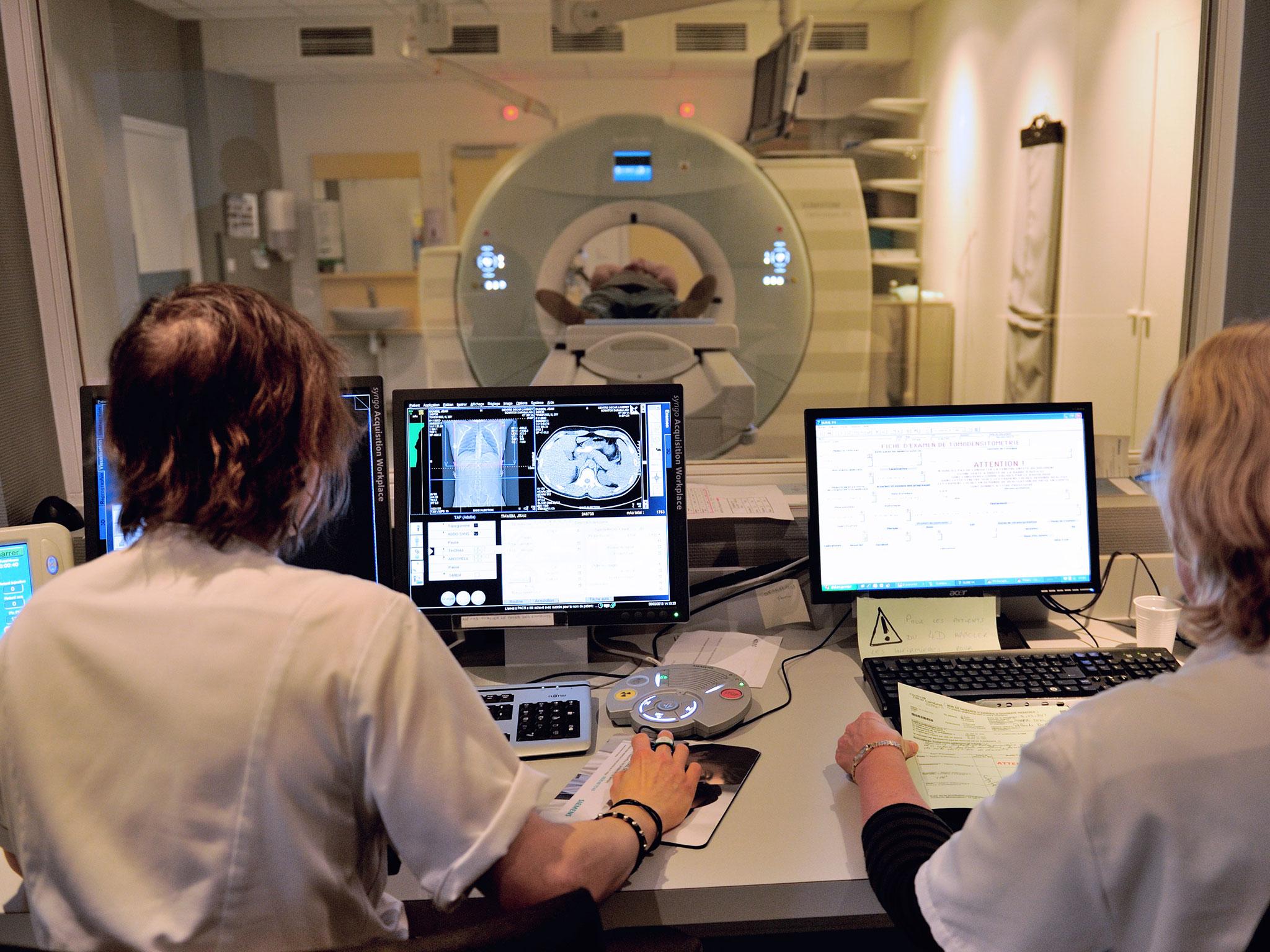Ovarian cancer: Women with defective gene 'at higher risk of developing disease'
Around 4,200 women die from the disease each year

A faulty gene has been identified that increases the risk of ovarian cancer more than three-fold.
Around 18 women in every 1,000 develops the disease. But this risk increases to around 58 women in every 1,000 who have the mutated BRIP1 gene, say scientists.
The defective gene prevents cells carrying out proper repairs to their DNA, eventually leading to cancer.
Researchers also found that women with the mutation were more likely to be diagnosed with aggressive, later stage ovarian cancers at an older age.
Professor Paul Pharoah, from the Cancer Research UK Cambridge Institute, said: “Our work has found a valuable piece of the puzzle behind ovarian cancer and we hope that our work could eventually form the basis of a genetic test to identify women at greatest risk.
“Finding these women will help us prevent more cancers and save lives. This would be important in a disease like ovarian cancer, which tends to be diagnosed at a late stage when the chances of survival are worse.”
Each year around 7,100 UK women are diagnosed with ovarian cancer and more than 4,200 women die from the disease.
Nell Barrie, Cancer Research UK's senior science information manager, said: “Research like this, which looks at inherited genetic changes and how they can affect a woman's risk, is vital. We urgently need ways to detect ovarian cancer early, as the cancer is often diagnosed when it's too late for effective treatment because the cancer has already spread. ”
We hope this research will lead to a reliable way to spot women at a high risk, so they can be monitored to find any signs of the disease at an early stage.“
The findings are reported in the Journal of the National Cancer Institute.
Press Association
Join our commenting forum
Join thought-provoking conversations, follow other Independent readers and see their replies
Comments